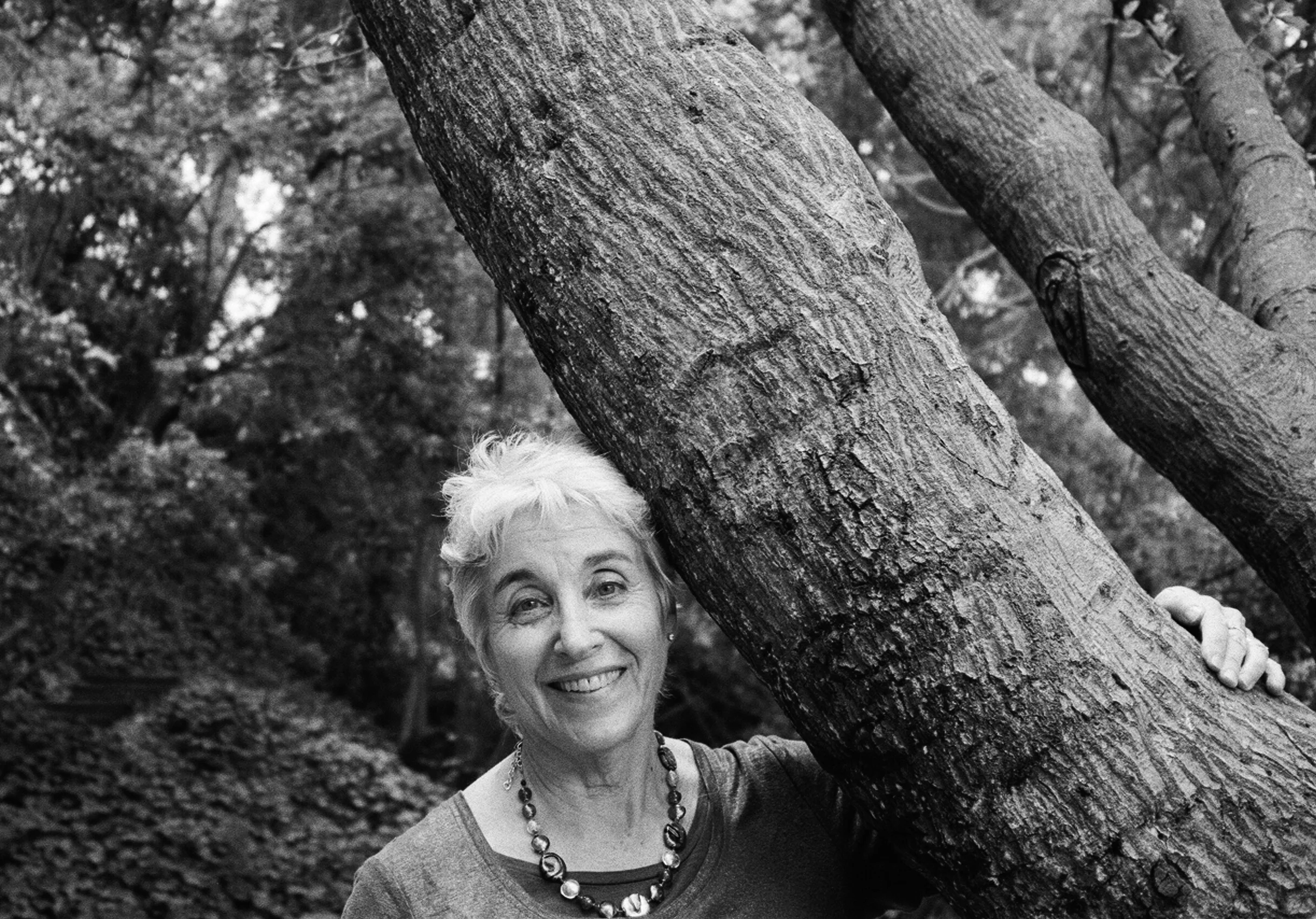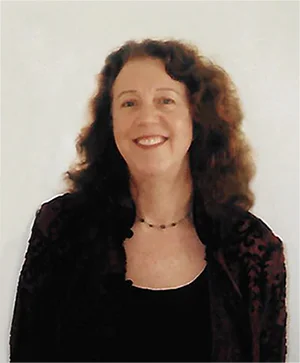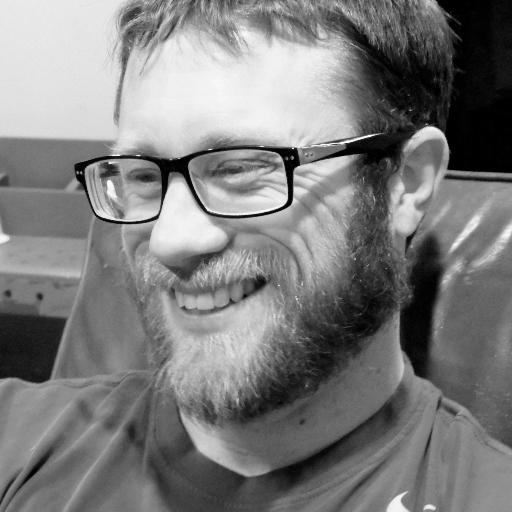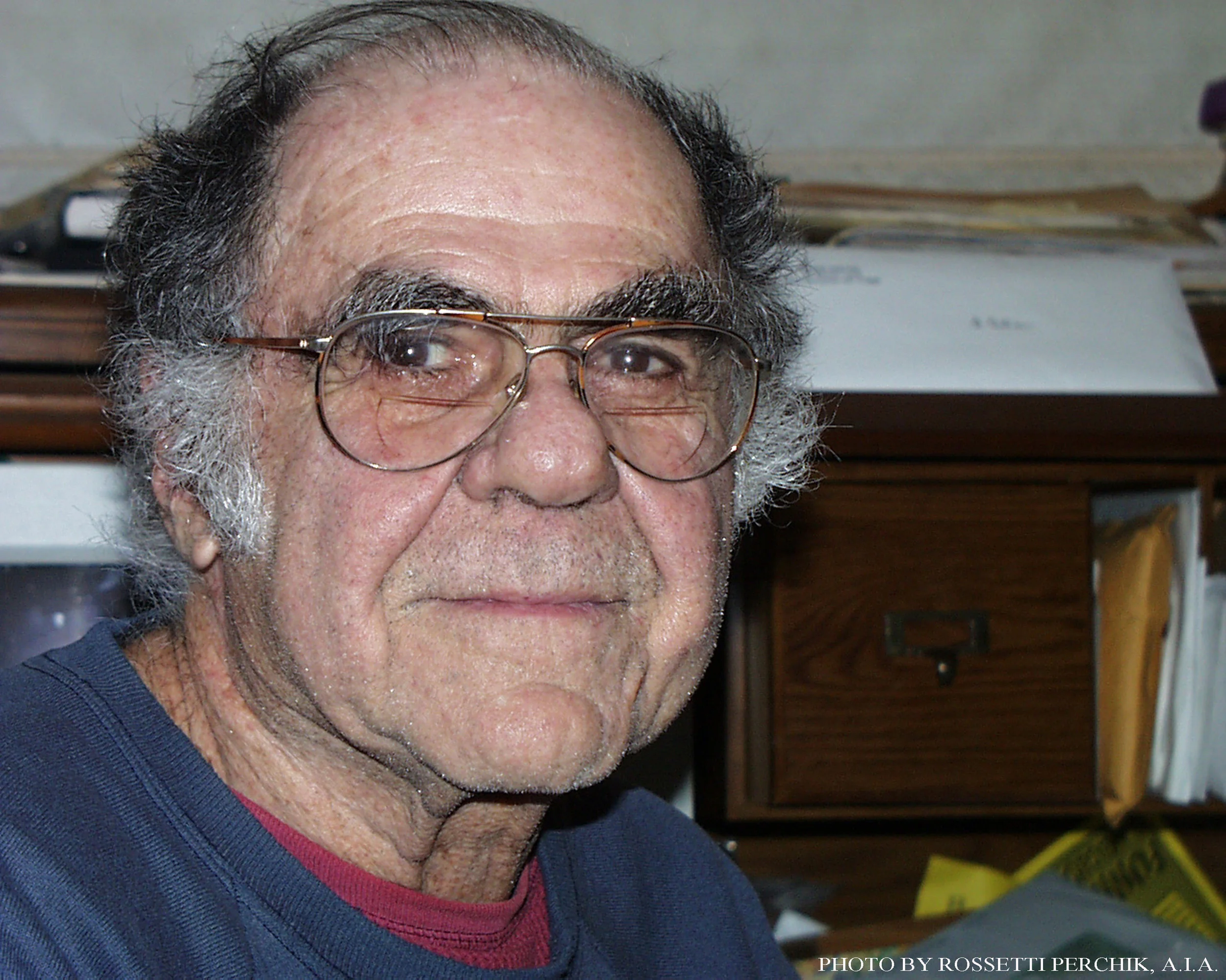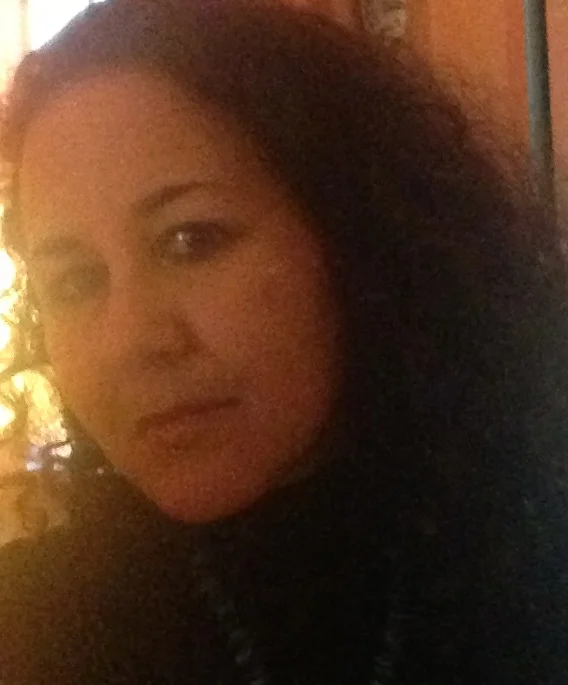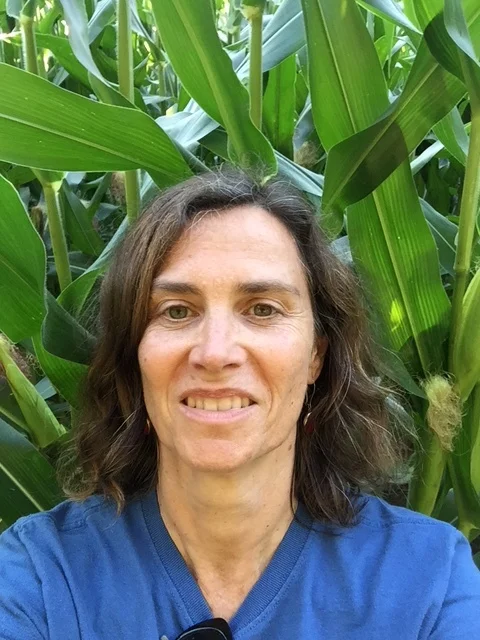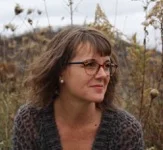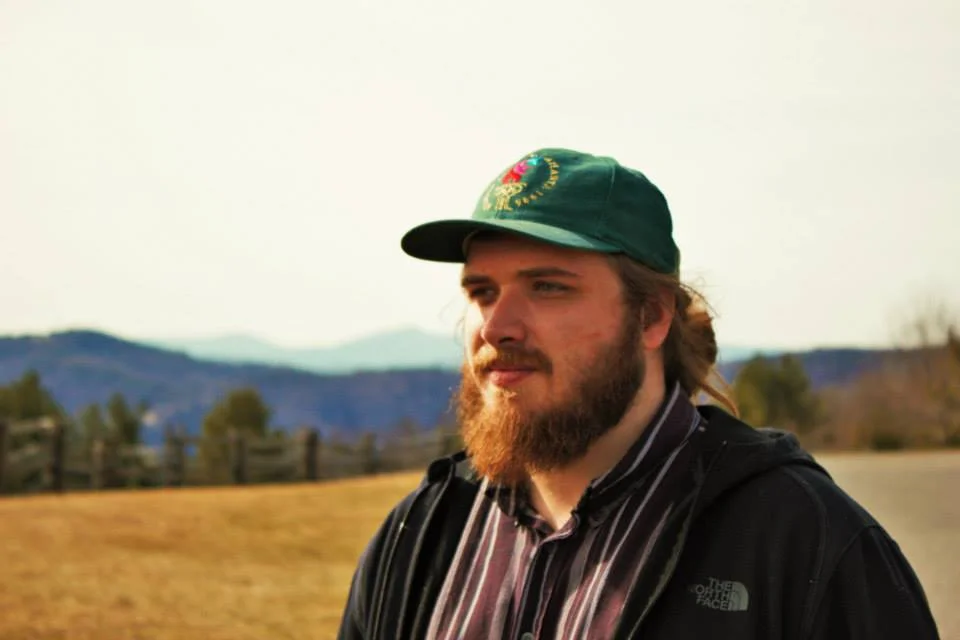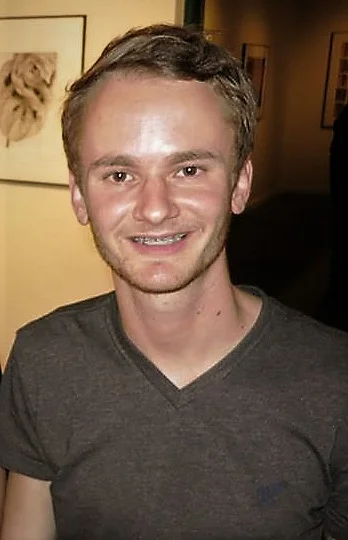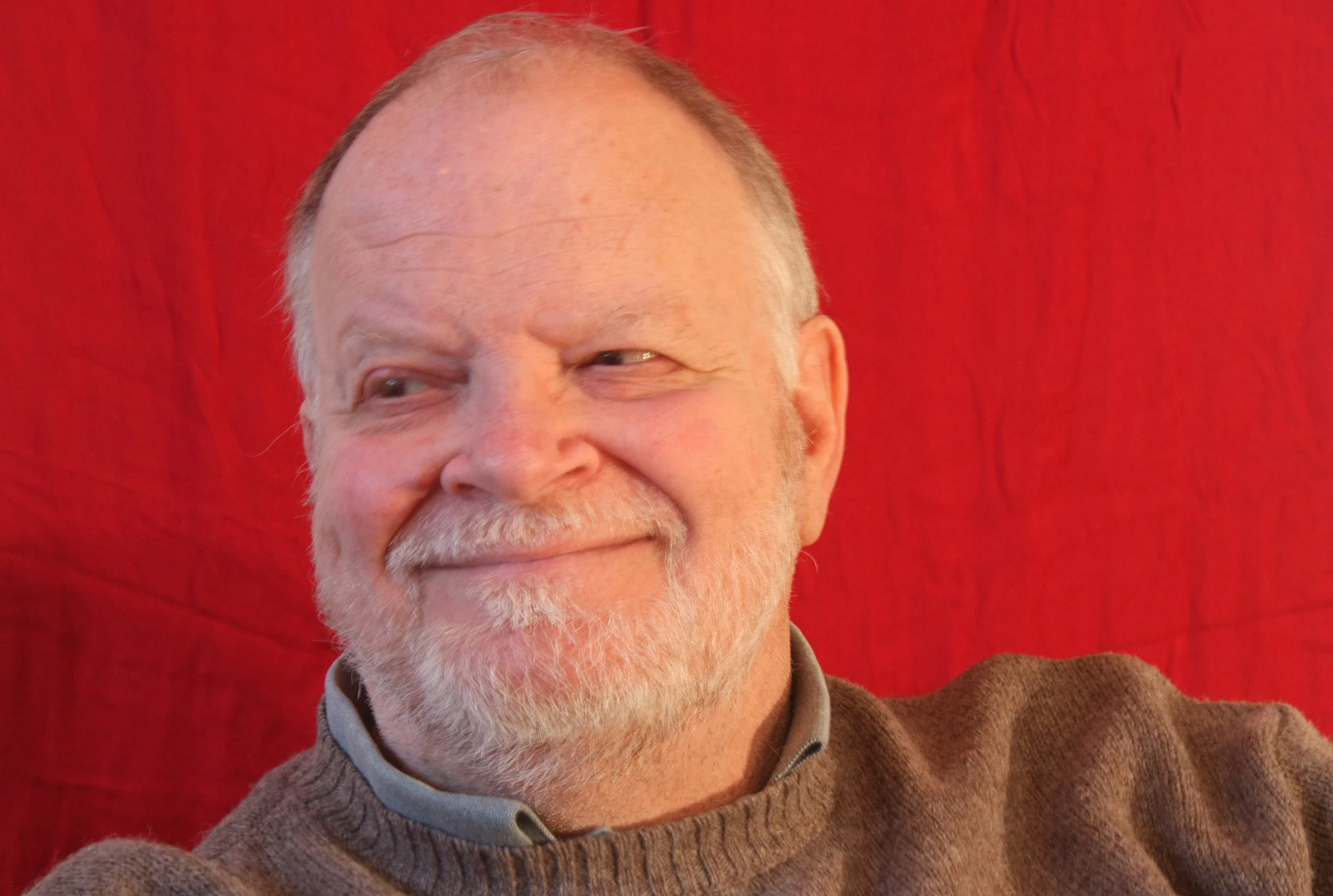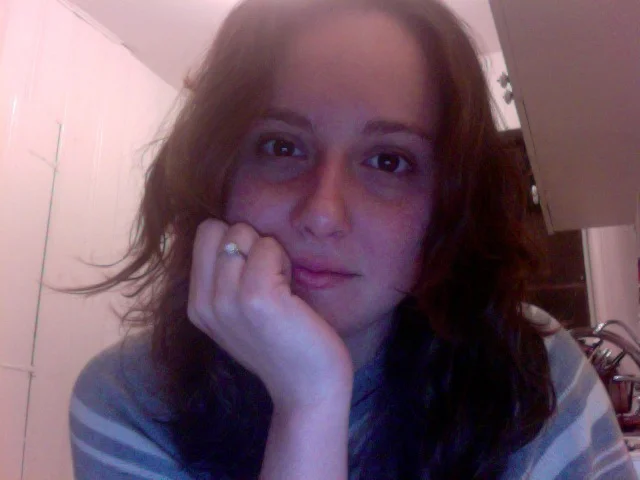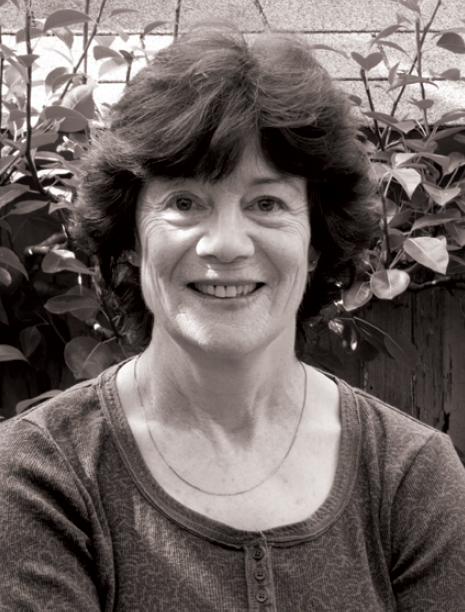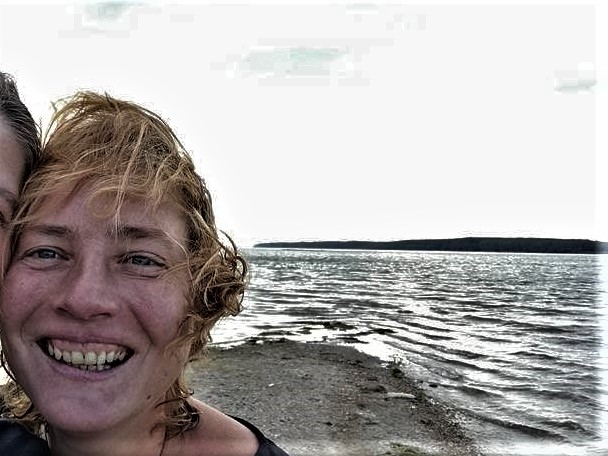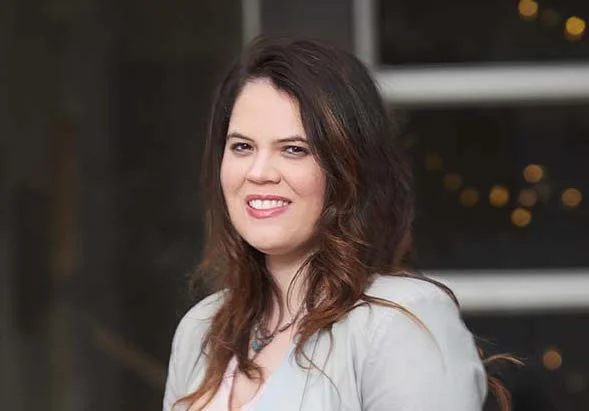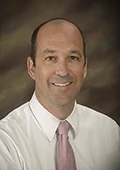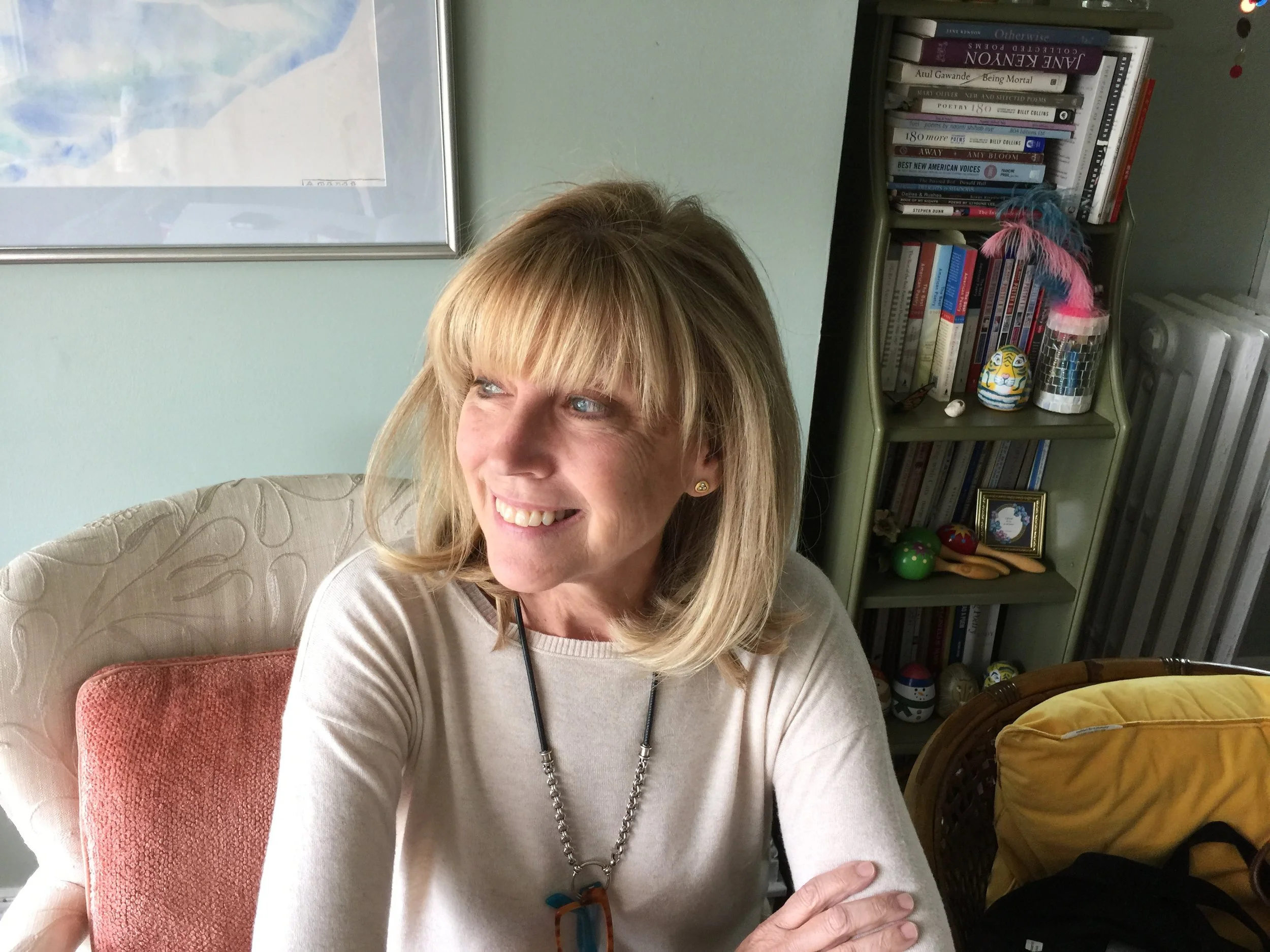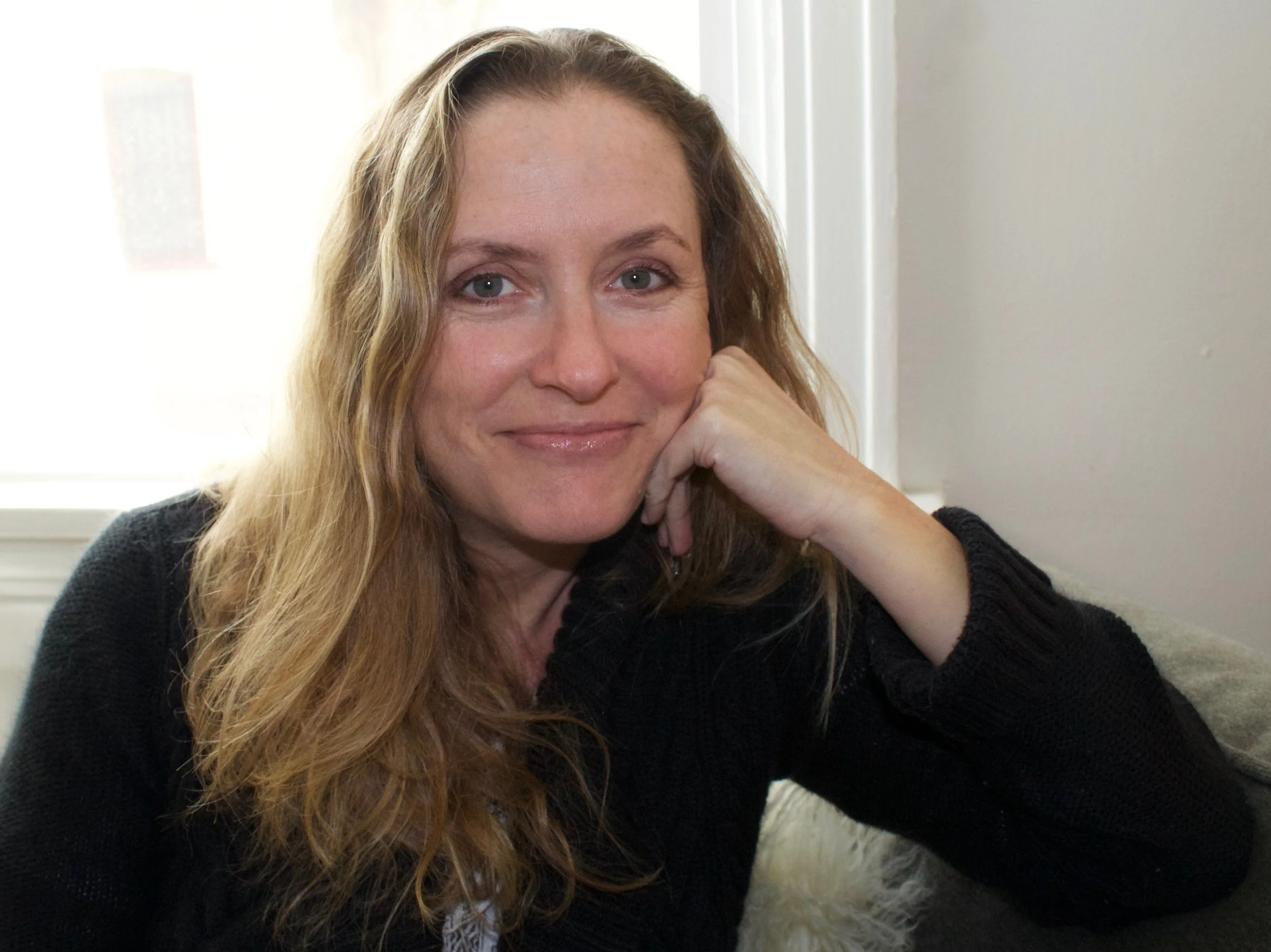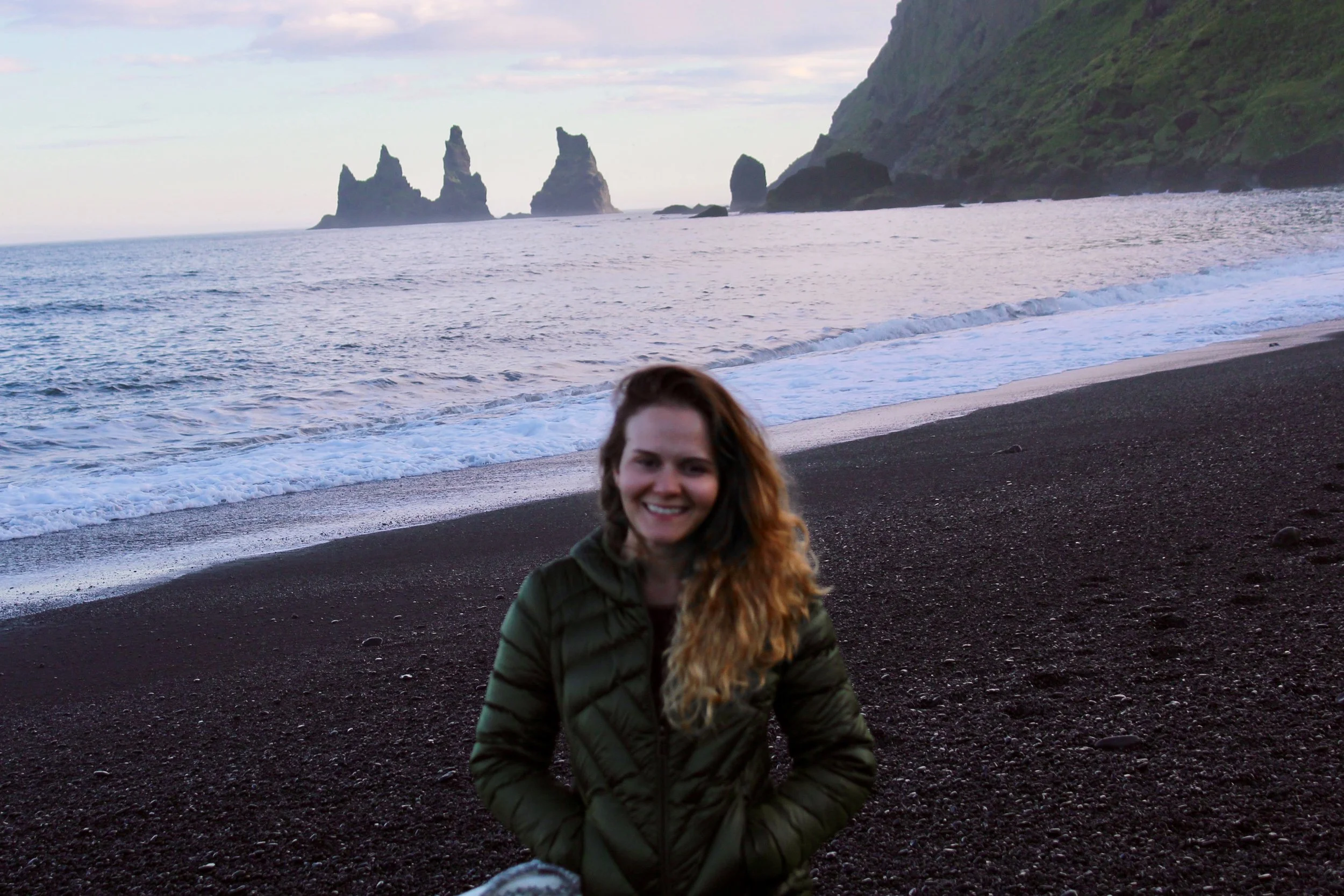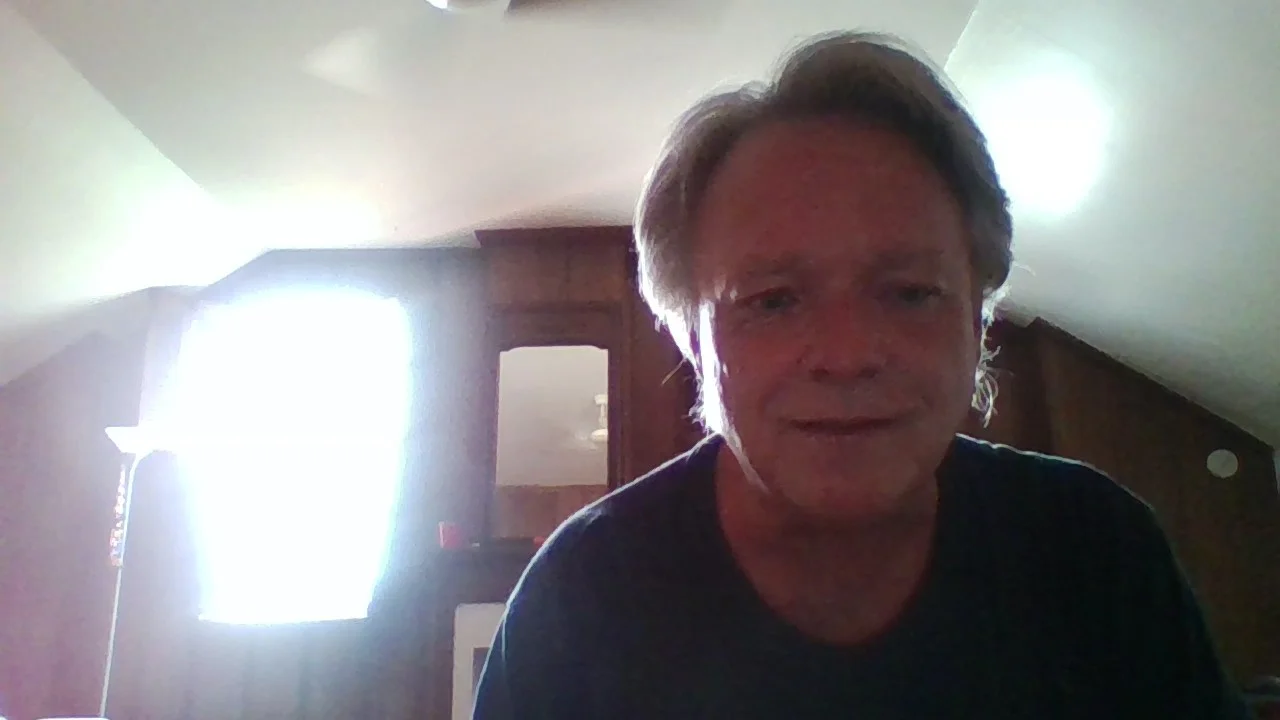The Ancestors visit the Department of Homeland Security Website
When the ancestors come time holds its breath space drifts borders shift
They slip through cracks between earth and sky between bare winter branch
and blossom between dream and first light Old souls roused
from the centuries by overturned headstones They clamor down
the Tree clamor up your spine bang on the back of your head demand to see
the actual text from the Department of Homeland Security
How to explain “copy and paste” to a chorus of angry old ghosts? The DHS website
won’t let you do it Are you being watched? The ancestors beat on your heart
What’s wrong with your hands? Use paper Use pen Type
“This memo authorizes state or local law enforcement personnel to perform all law enforcement functions specified in section 287(a) including the authority to investigate, identify, apprehend, arrest, detain, transport and conduct searches of an alien.”
How many ancestors can dance on your head?
How many can fly on a gust of wind like the bubbles
a child blows they catch the light dissolve…
“It is decreed that the Jews be forbidden to settle outside of towns and
boroughs…within the Pale of Jewish Settlement.”
They weigh nothing weigh in on everything May Laws Elders of Zion
Blood Libel The Jews of the East The Jews of the West Headstones
overturned in Jewish Cemeteries in St. Louis in Philadelphia
Wound of our wounds Haunt of our haunts We carried your mothers’
grandmothers dread at our backs blisters on our feet from Moravia
to the Pale of Settlement Borders closed behind us
“Customs and Border Patrol…using materials original in the United States to the
maximum extent permitted by law shall immediately begin planning, design, construction and maintenance of a wall along the land border with Mexico.”
When the ancestors come time holds its breath walls are built
walls torn down At night the ancestors sit in the pit
of your stomach picking through news of the day They weigh nothing
weigh in on everything The Muslim Ban The Undocumented
ripped from their hard won circles of work of kin
ripped from their terrified young Old souls roused
by outrage If you let them they’ll ride your breath
to the top of your head spiral back down to your toes
clearing the way for a dream
A beautiful boy maybe four dark skinned as the sky
spangled with stars looks deep in your eyes
and divines “Your wounds are your wisdom”
Wound of our wounds Haunt of our haunts We wander East
We wander West Elders of Zion Pogroms of Odessa
Slash and burn Cossacks behind us Border guards up ahead
You owe us
your hearts for sanctuary
You owe us
your songs for solace
You owe us
eternal vigilance
so your children’s children
can carry us on
You owe us
your lives
Note: “It is decreed that the Jews be forbidden to settle outside of towns and boroughs...within the Pale of Jewish Settlement,” from the “May Laws” enacted by Emperor Alexander II, May 15, 1882.
Medicine Wheel
1.
Each April you lose sight of the mountain
as green leaves take over the trees
You’ve been here before and yet
Have you ever been round such a wheel of changes?
This time last year you were gripped
by that agonized hip Pain
was your shepherd your cane your walker
in the land of the invalid in the time
of medical marijuana in the season of the Surgery
Waiting Room You sat among the resigned the terrified
On the silent TV the Man made of Greed and his Handmaiden
descended the golden escalator
Hecate of the Crossroads What do you see?
2.
This spring it keeps raining long past
the equinox after how many seasons
of drought? Your scar is healing
On a day blessed by sun you and your Dan walk round
the reservoir all the long lovely up and down of it
drinking in smells and bird sightings
while the Wild Man of Mar-a-Lago
and the Fat Boy of Pyongyang
square off with missiles…
This is the spring Erdogan steals Turkey
Maduro sacks Venezuela Le Pen looms
over Pax Europa Putin’s unmasked as puppeteer
Kali Lend us your Axe
3.
You are a woman regaining your stride
You take to the streets as though
the wheel turned back to 1968
The Woman’s March
The “Show Us Your Taxes March”
The March for Science on Earth Day
The Stand Off at Standing Rock
The Elders say Water is Life
Just ask the People of Flint
Just ask the People of Nogales what a wall will do
to the Rio Grande its flood plains its families
its Mexican Gray Wolf
Blessed are they who wash the feet of the stranger
4.
This is the year you let go the long horizon
At one and at odds
in peace and in pieces
astride Lady Fortuna’s wild wheel
in the grip of the Man made of Greed
the danger that lives in his eyes
Whomever he strikes he strikes
in your name Whoever strikes back
strikes you and your sweet beloveds
Destiny is a frayed rope
holding onto the boat
as seas rise…
Mother of Changes hold on to us
Glacial Blue
I.
Getting lost is my strong suit I can get lost
between the bathroom and the piano lounge
in the cruise ship where my man waits
He always knows where he is But the years
have shown me getting lost is the only way
to see Venice to catch the music of the poem beginning
to limp into that back country where getting old
and getting lost are one and the same It’s the way
of the labyrinth as though wandering the gut
of the Venetian Lion confounded and confused until
coming round the bend there it is
sunlight and the Grand Canal
II.
In our stateroom mirrors reflect mirrors
I can see the back of my head My hair grows
in circles So do our voyages around the sun
around the earth around the Black Hole
Our ship sits in the mouth of Disenchantment Bay
named by a lost sea captain looking for
the North West Passage We’ve come to see
the glacier famous for surging It dammed up a fjord
created a lake trapped animals calved blue icebergs
threatened ships This morning
it refuses to be seen is cloaked in fog The ancestors
drift in telling stories of the Inside Passage
Maybe it’s time to let it all go
your Russian name your German boots your Jewish angst
III.
From the still eye in the center of the spiral I see
my Russian grandmother known to me only
in the photo Her drooping eyelid her inward gaze
It’s summer 1943 She’s dying in a transit camp
Her soul a drift of glacial blue reaches out to me
delivered into the light by Dr Stern He pulls too hard
on my left shoulder Dislocated
by birth into a dislocated family
IV.
I married a voyager our years bejeweled
by the journeys he crafts Mostly we travel South
Mexico Southern Europe Southern Africa Southern India
But as we lose the world we know As the news cycle
spins continuous sagas of skullduggery thuggery
every day a new catastrophe while Google
plots Augmented Reality and the Internet of Things
hands us over to the ‘bots I hear a voice say Maybe it’s time
to get lost due North where you’ve never been before time
for the Inside Passage to mist your soul with glacial blue time
for the pull of the mountains lifting your gaze to grave
and granite elders streaked with snow Maybe it’s time
for the humpbacked whale She blows breaches displays
her flukes here in the feeding grounds of her youth Time
for a pair of bald eagles mated for life
guarding their young in a Sitka Spruce
When courting it’s said they link talons spiral down
in a mid air dance Let each other go just in time
to keep from crashing Maybe it’s time
to visit the gods who live here among the people
of the tides and the earthquakes among the ravens
and the eagles the bears and the whales They speak little
wear a bemused expression on their animal faces
their rock faces They will not answer your questions
about fast glacial flow or the Black Hole Maybe it’s time
to trade it all in your Russian name your German boots
your Jewish angst for wilderness If you’re lucky
the mountain the high one the sacred one will rise above everything
This is not story not history This is pure being
in icy stone stillness in constant flux
in silence in endless summer solstice light
rainforest tundra wolf caribou
Northern Hawk Owl all that
the glaciers have wrought
in their passing
Naomi Ruth Lowinsky won the Blue Light Poetry Prize for her chapbook, The Little House on Stilts Remembers. Her fourth full length collection, The Faust Woman Poems, trace one woman’s Faustian adventures through Women’s Liberation and the return of the Goddess. A new collection of essays, The Rabbi, the Goddess and Jung: Getting the Word from Within, was recently published.
She is the poetry editor for Psychological Perspectives and blogs about poetry and life at sisterfrombelow.com.
